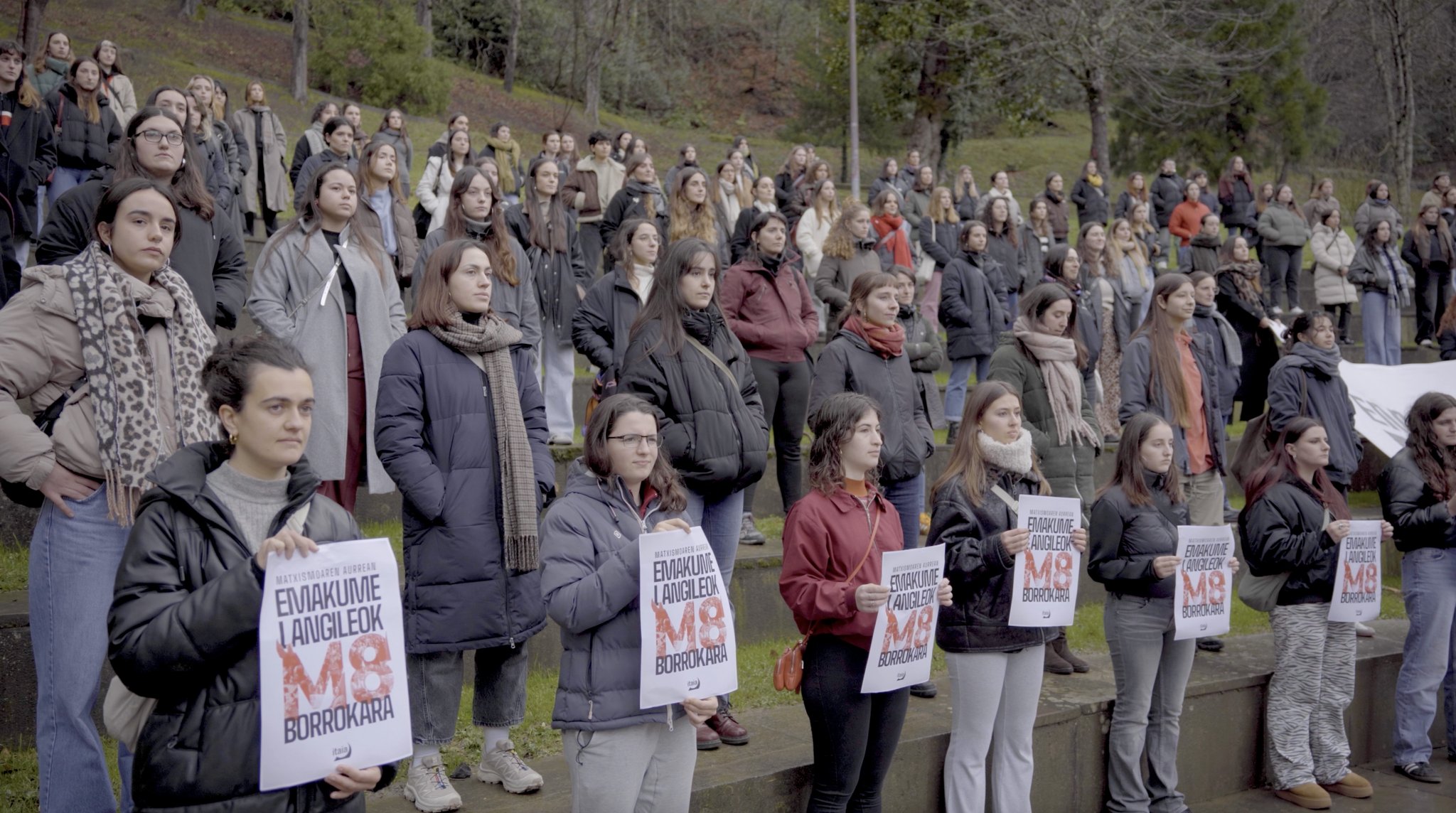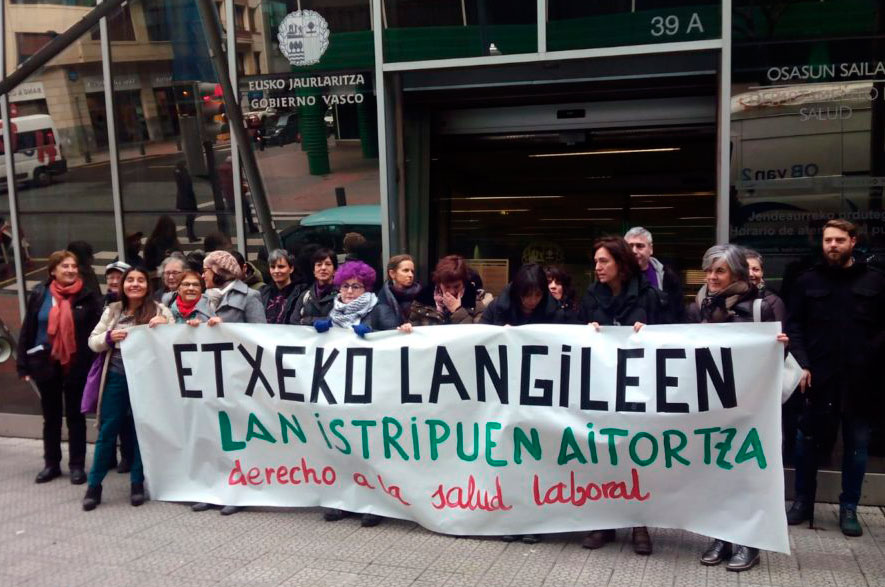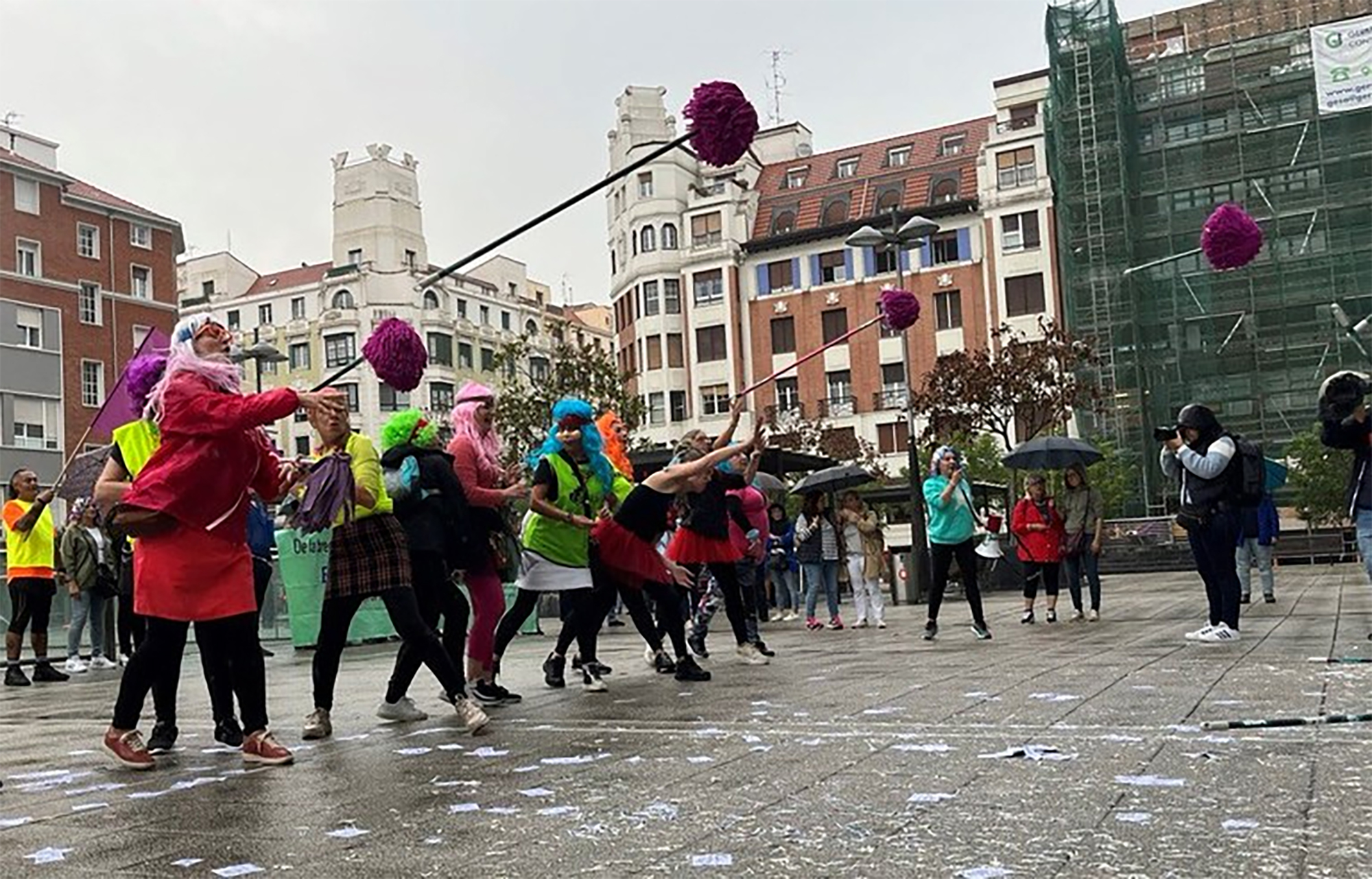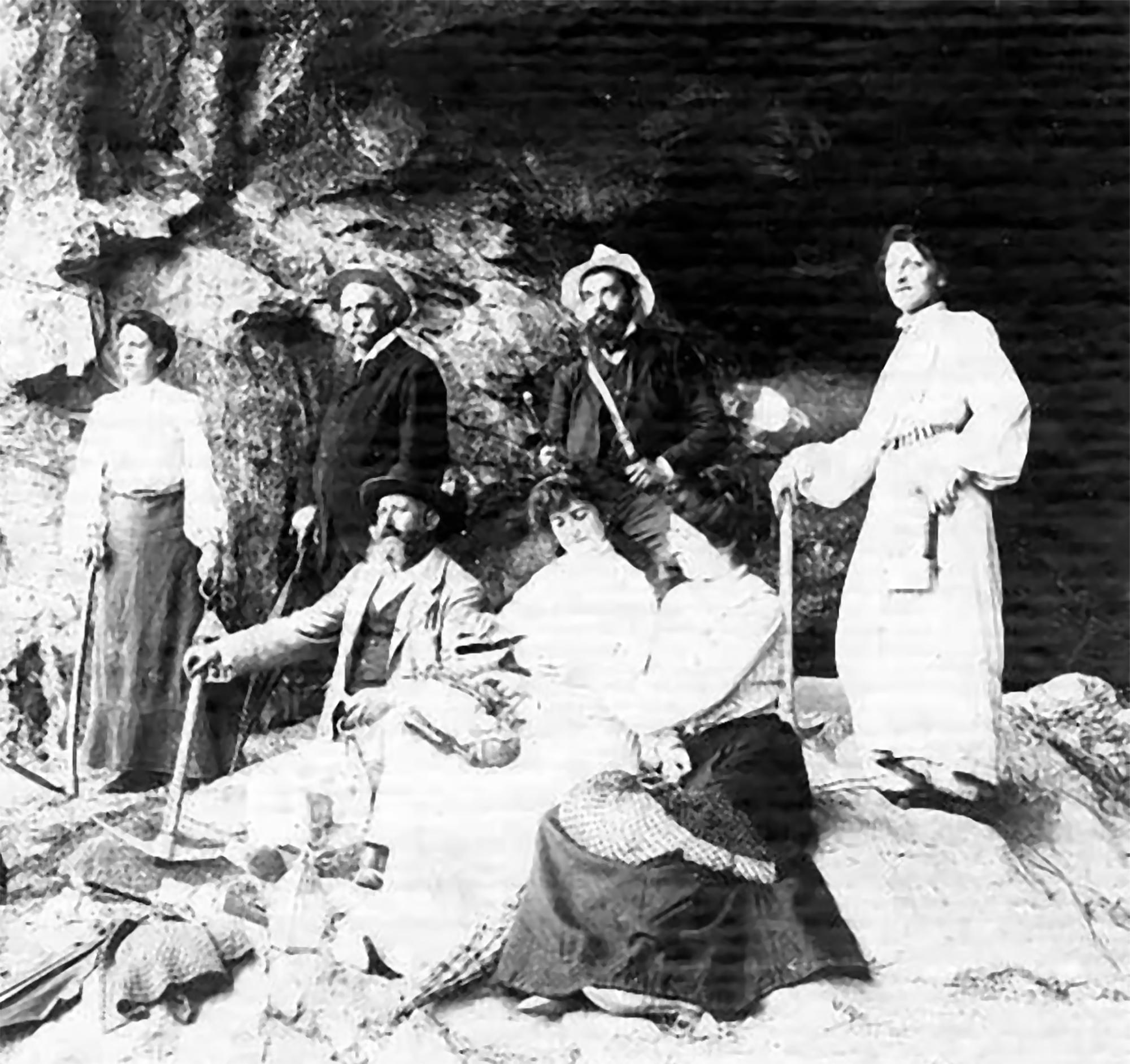Meeting of recognition for rural women in Pamplona
- On the occasion of the International Day of Peasant Women, held on 15 October, the AFAMMER Association has organized a meeting to celebrate its 25th anniversary on 17 October at the Planetarium of Pamplona.

The Association of Rural Families and Women AFAMMER celebrates its 25th anniversary this year. On the occasion of its anniversary, it organised a meeting at the Planetarium of Pamplona on 17 October. The International Day of Peasant Women will also be held on 15 October. From 10:30 onwards, awards, screenings and conferences will be offered. The objective of the event is to recognize the role of women baserritarras in rural development. In this regard, the partnership will reflect on the steps and objectives that have been taken in recent years.
In the words of the partners, “some progress has been made”: “The training of rural women is the best thing in history.” On the other hand, they stress that these women “are breaking gender stereotypes” because “they work in positions traditionally related to the male gender”.
However, its members have stressed that these advances “are not enough” to achieve true equality of opportunity. They note that women are “fundamental” to maintaining rural areas: “They are the ones who care for the territories and guarantee food security.”
For this reason, the AFAMMER Association has made several petitions on the day of women baserritarras, claiming a general pact to end the “differences” between rural and urban areas: “We want to break with the lack of opportunities of women, two out of three people in Spain who go from the countryside to the city are women.” Spain is the second European country with the highest unemployment rate among rural women.
Gender violence in the center
They also stress the need to “end silence around gender violence” in small municipalities: “The data show that the number of women who report mistreatment decreases according to the size of the municipality of residence: 83.3% in women living in municipalities with more than 10,000 inhabitants, 78.5% in municipalities between 10,000 and 2,001 inhabitants, while in municipalities with less than 2,000 inhabitants only 66.9% of the victims report”.
Londres, 1944. Dorothy izeneko emakume bati argazkiak atera zizkioten Waterloo zubian soldatze lanak egiten ari zela. Dorothyri buruz izena beste daturik ez daukagu, baina duela hamar urte arte hori ere ez genekien. Argazki sorta 2015ean topatu zuen Christine Wall... [+]
Martxoaren 8a hurbiltzen ari zaigu, eta urtero bezala, instituzioek haien diskurtsoak berdintasun politika eta feminismoz josten dituzte, eta enpresek borroka egun hau “emazteen egunera” murrizten dute, emakumeei bideratutako merkatu estereotipatu oso bati bidea... [+]
Martxoak 8aren izaera iraultzailea berreskuratzeko deia egin du Itaia emakumeen antolakunde sozialistak. Irene Ruiz Itaiako kideak azaldu digunez, “oldarraldi erreakzionarioaren eta matxismoaren aurrean proposamen iraultzailea hauspotu eta kontzientzia sozialista... [+]
1958an, emakume baserritarrek Donostiako Erdialdea hartu zuten, esnea saltzea galarazi zitzaiela salatu, eta baserritarren eskubideak aldarrikatzeko. Administrazioak esnearen esklusibotasuna Gurelesa enpresari eman zion, eta baserritarrek Bretxan saltzeari utzi behar izan... [+]
Equality, like pregnancy, exists or does not exist. When there is no equality, there is a difference, that is what you can measure and value. Perhaps the consequences of equality may be unfair to some, but this would place the debate on the consequences, not at all on equality... [+]
Errenteria (Gipuzkoa), 1892. In the caves of Aizpitarte the first archaeological excavations of Gipuzkoa were carried out, at the hand of the group led by Count Lersundi. Eleven years later, in 1903, the king of Spain, Alfonso XIII, visited the site and with this excuse... [+]
I don't know if you've noticed, but lately, reactionary and conservative messages are spreading across social media. One of them is the trend of the tradwife. That word is the abbreviation of the traditional concept of wifi, that is, the traditional wife. This movement proposes to... [+]





















